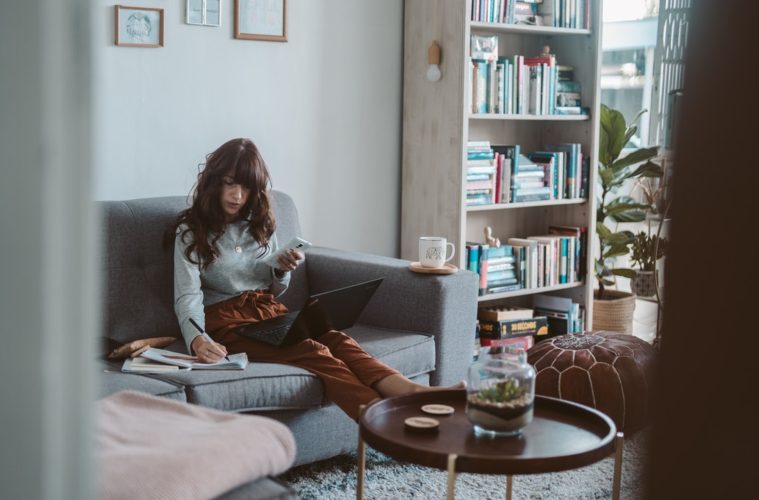Renting as a student is often our first tastes of life as an adult. There are bills to pay, and things you need to buy to have a good quality of life. Here is our quick guide to what you need to know when renting student accommodation.
Not All Digs are the Same
Heading off to university will present you with some very different types of accommodation. You may end up somewhere that is not the best, or you could end up in a very nice place to live. You want to aim for housing that is in-line with the quality of the student accommodation from Student Cribs. You’ll see a few examples there of their student houses in Stoke-on-Trent which are ideal for anyone looking to stay in a nicely decorated shared house.
If you live in the former, you need to start thinking about some of the places where you might move as soon as your lease is up. Though there are many things you can do to turn around a bad living environment, there are still plenty of properties out there that you could look o instead. If you are staying somewhere nicer, you need to make sure you take good care of it, as you don’t want to be hit with heavy fines when you move out. Make sure you do your research before claiming a place, and don’t just opt for the first place you see.
Bills – Included or Separate?
One of the most important things you need to look at when choosing student accommodation is how the bills are paid. If you are moving into a block of student halls that are managed by a company, there is a good chance that bills are inclusive. You will get a set price to pay each week, part of which will be the rent and part of which will be your bills.
If you are renting privately, you will most likely be in charge of your own bills. You will pay rent to your landlord each month, but you will have to open your own accounts with utility companies to pay important bills like electricity usage and internet.
Deposits
Many places, whether they are student halls or accommodation from a private landlord, will require you to place a deposit down before you are able to move in and sign a rental agreement. This deposit is usually equal to the first month’s rent, and your landlord may also ask for a few months of rent upfront.
This deposit should hopefully be returned to you when you move out of the accommodation. However, your landlord or the company you are renting from may choose to return just a portion or even none of your deposit depending on the condition of the property when you return it. Take good care of the property and clean thoroughly to avoid this happening.
Your home at university is probably going to be your first taste of adult living. Make sure you take good care of it, and make sure you learn plenty about being a tenant to help you in the future. This may be your own home of your own, so make sure you enjoy it!





